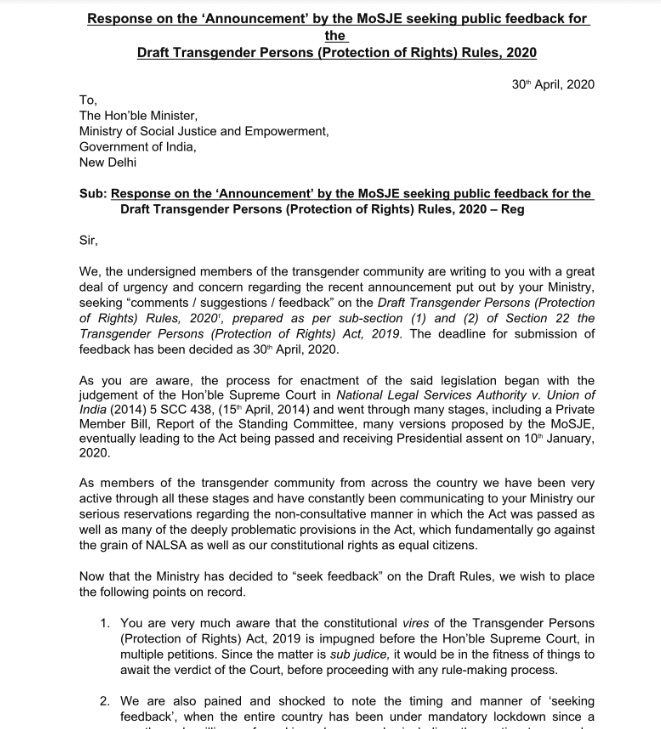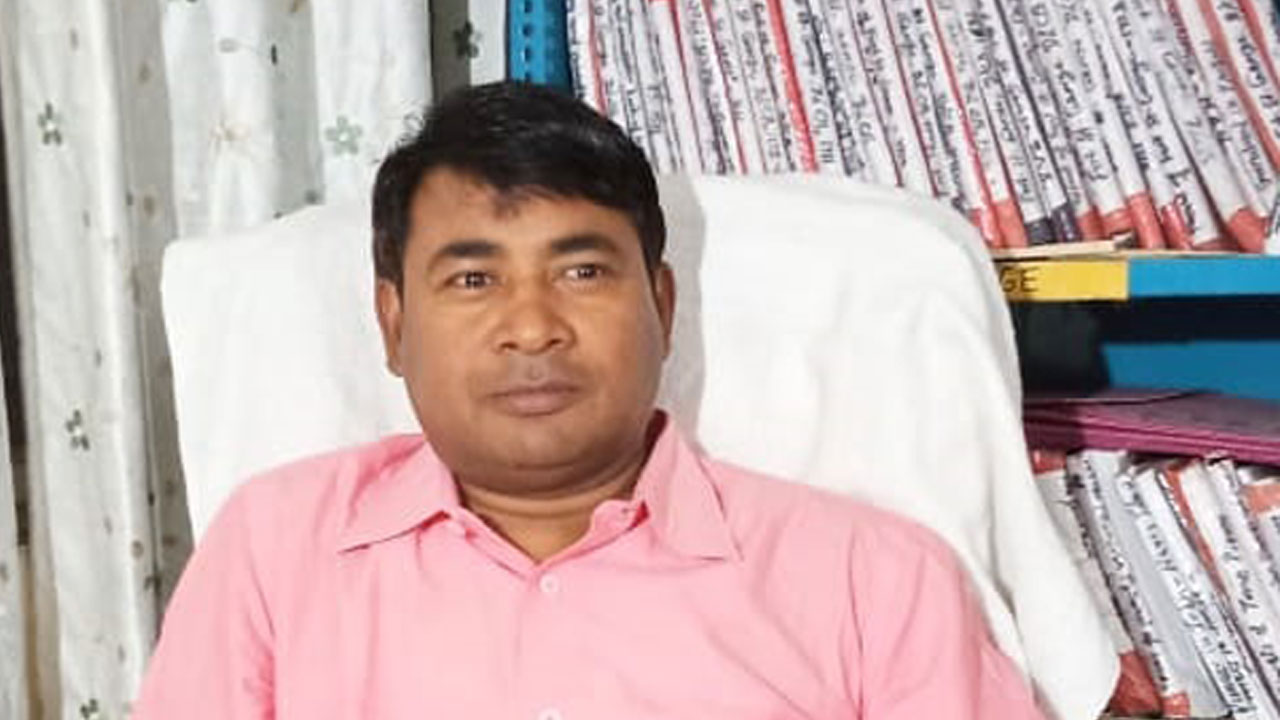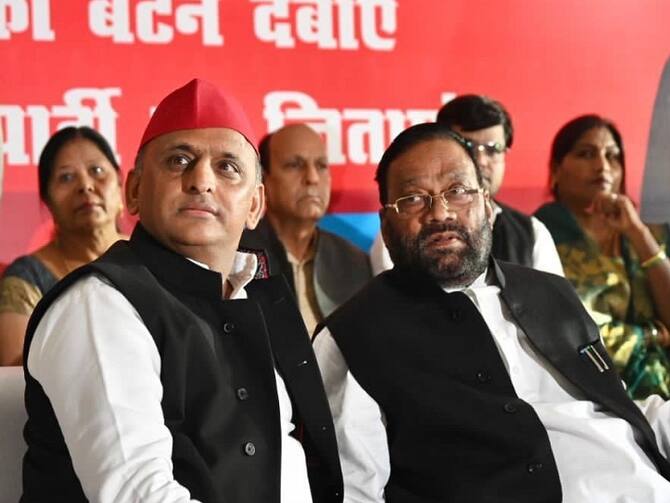On day 39 of the lockdown, it is all too clear what the government has failed to do for the people in the margins of society. After a hastily announced lockdown, Prime Minister Modi and the others in his team have been least bothered about the daily wage migrant labourers, who contribute immensely to India’s economy.
In 2007-2008, a National Sample Survey estimated 15.2 million seasonal migrant workers, of whom 37 per cent worked in the construction sector that contributed 9 per cent to India’s Gross Domestic Product (GDP). The same survey also found that a majority of the migrant workers belonged to Scheduled Tribes (18.6 per cent), Scheduled Castes (23.1 per cent) and Other Backward Classes (39.9 per cent). According to a recent report titled ‘Voices of the Invisible Citizens’ published in early April by Jan Sahas, “the vulnerability of migrants is compounded by their caste identity … as caste determines ability to accumulate wealth, income and remittance level”.
While migrant workers have been left destitute and hungry in the cities, the government has been not too keen to loosen its purse strings. The workers have been stripped of their dignity. Some of them have been forced to beg to feed themselves and their families; others have been forced to walk for days to get to their homes only to be forced into quarantine and one of them a few days ago even ended up dying there. Only on day 38 of the lockdown, train services were started to take the stranded migrants back to their homes.
According to the UN World Food Programme, the lockdown has resulted in 22.2 million more people in India having to survive on insufficient food intake.
These have been the government’s acts of omission.
Transgender Persons (Protection of Rights) Rules
Behind the scenes, at least three online notifications rushed through by the union government have rubbed salt into the festering wound. One of them pertains to the Transgender community. The Ministry of Social Justice and Empowerment (MoSJE) posted on 18 April on its website Draft Transgender Persons (Protection of Rights) Rules 2020 as provided for by the Transgender Persons (Protection of Rights) Act, 2019 and sought comments and suggestions by 30 April.

A letter written to the MoSJE by concerned representatives of the transgender community reminds the ministry that the Transgender Persons (Protection of Rights) Bill was passed without consultations, the Act consists of deeply problematic provisions and multiple petitions have been filed in the Supreme Court against the manner of the enactment. According to the Pre-Legislative Consultation Policy 2014, which must be followed in framing the principal legislation and subordinate legislation (rules), ministries and departments should place the proposed Bill/rules in the public domain for at least 30 days, inform the public about it through the print and electronic media and hold consultations with the specific communities and groups affected by the laws/rules.
The letter says, “The Rules were uploaded on the website of the MoSJE … at a time when the nation is in lockdown, no physical interaction between members of the community is possible for deliberations and consultations and transgender people are struggling for basic survival. Besides the Rules have been placed only on the website and in English while a majority of the community neither has access to web-based portals or the English language. An Act which claims to be ‘inclusive’ cannot adopt a rule-making process so exclusionary.”

Environmental Impact Assessment Notification (EIA)
The second notification concerns millions of people in this country, especially the Adivasis, whose livelihoods are linked to the resources. The Ministry of Environment, Forests and Climate Change (MoEFCC) published the draft Environmental Impact Assessment Notification (EIA) 2020 on its website on 12 March 2020 and sought comments and suggestions within 60 days. The EIA Notification regulates clearances granted to development projects and economic activities in the country. It makes it mandatory for companies to study the socio-economic, ecological and other impacts of a proposed project and make it available to the affected communities for their opinions and objects. But according to the National Association of People’s Movements (NAPM), the latest draft allows construction to begin without clearance in certain conditions, “expands the list of projects exempted from public consultation”, “extends the validity period of clearance granted to mining projects from 30 to 50 years” and there is the “absence of a post-clearance compliance and monitoring strategy’, including replacing the requirement of half-yearly monitoring with annual monitoring.
Since the notification was issued, the country has been under lockdown for more than 40 days, which means the communities going to be affected by the amendments have had little chance to become aware of the amendments. NAPM says: “The communities directly affected by such crippling changes to the environmental policy are the ones whose lives are closely intertwined with nature: the Adivasis and other forest-dependent people, pastoralists, farmers, fish workers and women … Asking the people for objects and suggestions regarding such a crucial notification at this time of a public health, social and economic crisis is a complete travesty of justice and democracy.”
Fish workers
The third notification concerns specifically the fish workers. While the country is still in lockdown and it is going to remain so till May 17 – after the recently announced extension – the National Fisheries Development Board has posted on its website the National Fisheries Policy 2020 and asked for comments and suggestions. The National Fishworkers Forum has issued a press release: ‘The drafting of a National Fisheries Policy is an intensive process that requires consultation with the stakeholders especially the fish workers organizations of the marine as well as inland sector. The proposed draft has been very hurriedly published without any consultation with the stakeholders at any level and without any serious thought. At a time when on account of the lockdown, individuals and organizations are unable to physically meet and conduct consultations, it is highly improbable that the response to the draft will be reflective of the needs and demands of the stakeholders.”
All these have been the government’s acts of commission.
(Copy-editing: Amrish Herdenia)






